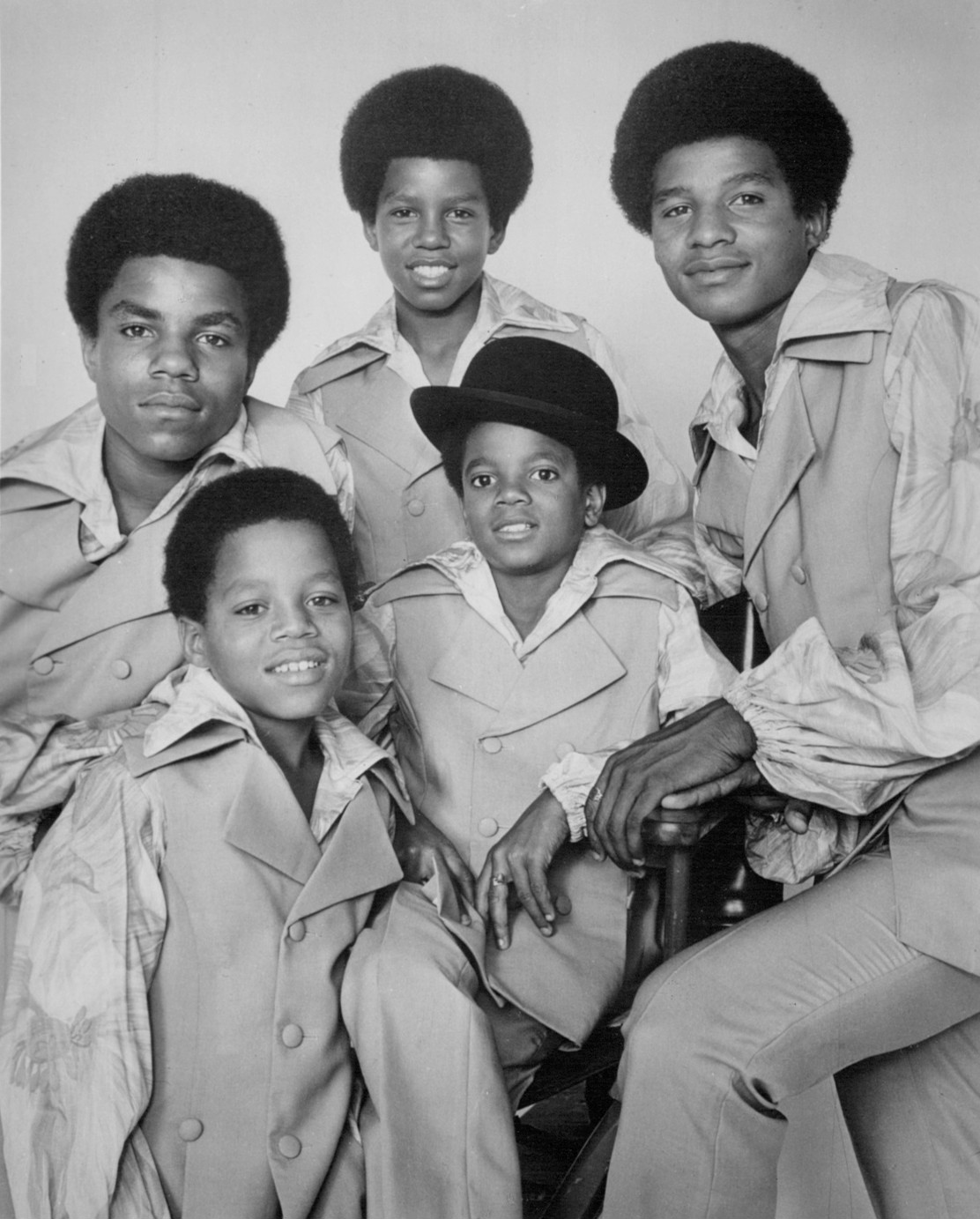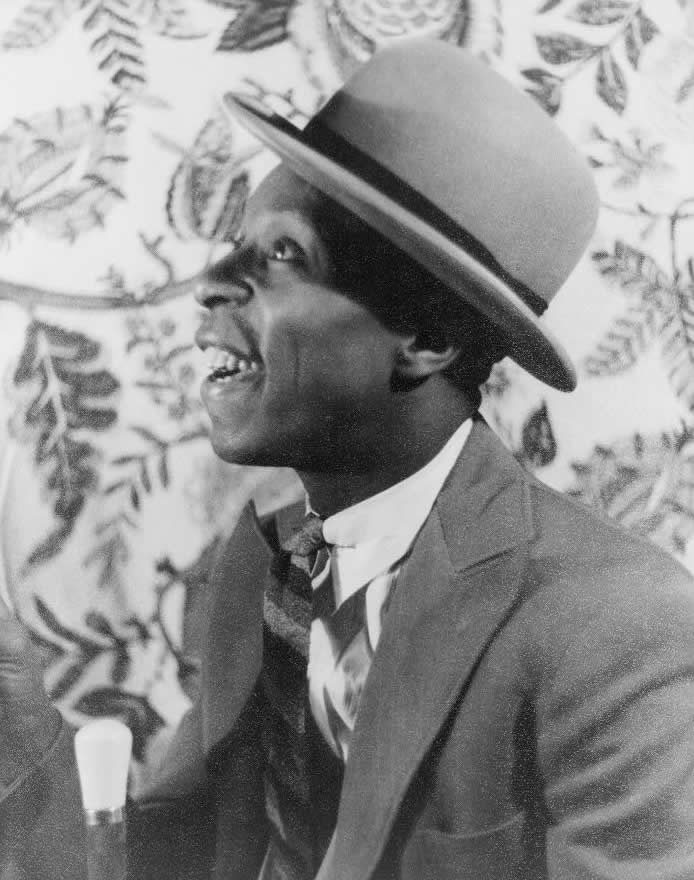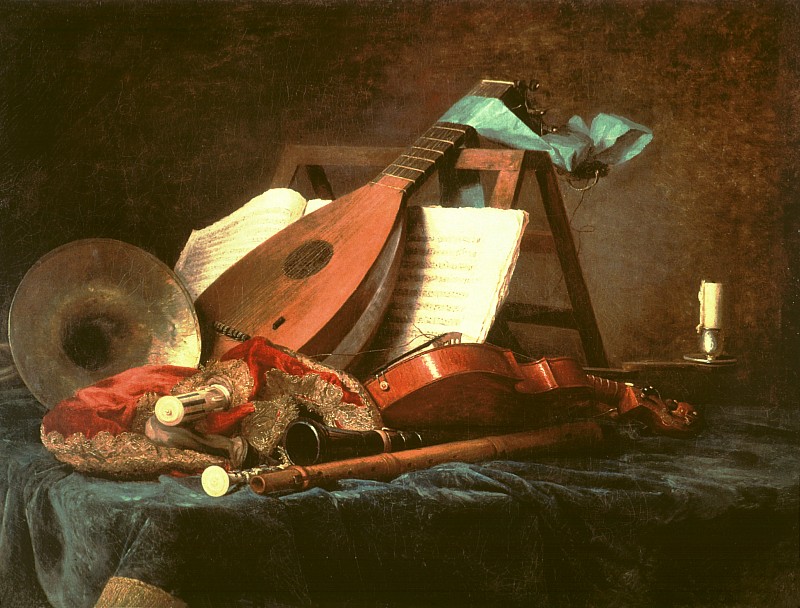|
Communards (band)
The Communards were a British synth-pop duo formed in London in 1985. The duo consisted of Jimmy Somerville and Richard Coles. They are most famous for their cover versions of "Don't Leave Me This Way", originally by Harold Melvin & the Blue Notes featuring Teddy Pendergrass and the Jackson 5's "Never Can Say Goodbye" - though the best known version was by Gloria Gaynor. The name ''Communards'' refers to the revolutionaries of the 1871 Paris Commune. History The Communards formed in 1985 after singer Jimmy Somerville left his earlier band Bronski Beat to team up with classically trained musician Richard Coles. Somerville often used a falsetto singing style. Coles, though mainly a pianist, played a number of instruments and had been seen previously performing the clarinet solos on the Bronski Beat hit "It Ain't Necessarily So". They were joined by bass player Dave Renwick who had also played with Bronski Beat. The band had their first UK top 30 hit in 1985 with the piano-ba ... [...More Info...] [...Related Items...] OR: [Wikipedia] [Google] [Baidu] |
London
London is the capital and List of urban areas in the United Kingdom, largest city of England and the United Kingdom, with a population of just under 9 million. It stands on the River Thames in south-east England at the head of a estuary down to the North Sea, and has been a major settlement for two millennia. The City of London, its ancient core and financial centre, was founded by the Roman Empire, Romans as ''Londinium'' and retains its medieval boundaries.See also: Independent city#National capitals, Independent city § National capitals The City of Westminster, to the west of the City of London, has for centuries hosted the national Government of the United Kingdom, government and Parliament of the United Kingdom, parliament. Since the 19th century, the name "London" has also referred to the metropolis around this core, historically split between the Counties of England, counties of Middlesex, Essex, Surrey, Kent, and Hertfordshire, which largely comprises Greater London ... [...More Info...] [...Related Items...] OR: [Wikipedia] [Google] [Baidu] |
Jackson 5
The Jackson 5 (sometimes stylized as the Jackson 5ive, also known as the Jacksons) are an American pop band composed of members of the Jackson family. The group was founded in 1964 in Gary, Indiana, and for most of their career consisted of brothers Jackie, Tito, Jermaine, Marlon and Michael. They were managed by their father Joe Jackson. The group were among the first African American performers to attain a crossover following. The Jackson 5 performed in talent shows and clubs on the Chitlin' Circuit, then signed with Steeltown Records in 1967 and released two singles. In 1968, they left Steeltown Records and signed with Motown, where they were the first group to debut with four consecutive number one hits on the ''Billboard'' Hot 100 chart with the songs "I Want You Back", " ABC", " The Love You Save", and " I'll Be There". They also achieved sixteen Top-40 singles on the chart. The group left Motown for Epic Records in early 1976, with ... [...More Info...] [...Related Items...] OR: [Wikipedia] [Google] [Baidu] |
Thelma Houston
Thelma Houston ( Jackson; born May 7, 1946) Retrieved . is an American singer. Beginning her recording career in the late 1960s, Houston scored a number-one hit record in 1977 with her recording of " Don't Leave Me This Way", which won the Grammy for Best Female R&B Vocal Performance. Biography Early life and career Houston was born in Leland, Mississippi. Her mother was a cotton picker. She and her three sisters grew up primarily in Long Beach, California. After marrying and having two children, she joined the Art Reynolds Singers gospel group and was subsequently signed as a recording artist with Dunhill Records. Despite her surname, she is not related to Whitney Houston. In 1969, Houston released her debut album, entitled '' Sunshower'', produced, arranged and composed by Jimmy Webb except for one track. In 1971 she signed with Motown Records but her early recordings with them were largely unsuccessful. Her most notable single during that period was "You've Been Doing Wrong ... [...More Info...] [...Related Items...] OR: [Wikipedia] [Google] [Baidu] |
Soul Music
Soul music is a popular music genre that originated in the African American community throughout the United States in the late 1950s and early 1960s. It has its roots in African-American gospel music and rhythm and blues. Soul music became popular for dancing and listening, where U.S. record labels such as Motown, Atlantic and Stax were influential during the Civil Rights Movement. Soul also became popular around the world, directly influencing rock music and the music of Africa. It also had a resurgence with artists like Erykah Badu under the genre neo-soul. Catchy rhythms, stressed by handclaps and extemporaneous body moves, are an important feature of soul music. Other characteristics are a call and response between the lead vocalist and the chorus and an especially tense vocal sound. The style also occasionally uses improvisational additions, twirls, and auxiliary sounds. Soul music reflects the African-American identity, and it stresses the importance of an African ... [...More Info...] [...Related Items...] OR: [Wikipedia] [Google] [Baidu] |
Harold Melvin And The Blue Notes
Harold Melvin & the Blue Notes were an American soul and R&B vocal group. One of the most popular Philadelphia soul groups of the 1970s, the group's repertoire included soul, R&B, doo-wop, and disco. Founded in Philadelphia, Pennsylvania in the middle of the 1950s as The Charlemagnes, the group is most noted for several hits on Gamble and Huff's Philadelphia International label between 1972 and 1976, although they performed and recorded until Melvin's death in 1997. Despite group founder and original lead singer Harold Melvin's top billing, the Blue Notes' most famous member was Teddy Pendergrass, their lead singer during the successful years at Philadelphia International. The remaining members of the Blue Notes have reunited for Soul Train Cruises in 2013, 2015, and 2017. History Early years The group formerly known as The Charlemagnes took on the name "The Blue Notes" in 1954, with a line-up consisting of lead singer Franklin Peaker, Bernard Wilson, Roosevelt Brodie, Jesse ... [...More Info...] [...Related Items...] OR: [Wikipedia] [Google] [Baidu] |
Cover Version
In popular music, a cover version, cover song, remake, revival, or simply cover, is a new performance or recording by a musician other than the original performer or composer of the song. Originally, it referred to a version of a song released around the same time as the original in order to compete with it. Now, it refers to any subsequent version performed after the original. History The term "cover" goes back decades when cover version originally described a rival version of a tune recorded to compete with the recently released (original) version. Examples of records covered include Paul Williams' 1949 hit tune "The Hucklebuck" and Hank Williams' 1952 song " Jambalaya". Both crossed over to the popular hit parade and had numerous hit versions. Before the mid-20th century, the notion of an original version of a popular tune would have seemed slightly odd – the production of musical entertainment was seen as a live event, even if it was reproduced at home via a c ... [...More Info...] [...Related Items...] OR: [Wikipedia] [Google] [Baidu] |
It Ain't Necessarily So
"It Ain't Necessarily So" is a popular song with music by George Gershwin and lyrics by his brother Ira Gershwin. The song comes from the Gershwins' opera '' Porgy and Bess'' (1935) where it is sung by the character Sportin' Life, a drug dealer, who expresses his doubt about several statements in the Bible. The song's melody also functions as a theme for Sportin' Life's character. Controversy The song is controversial for casting doubt on the veracity of the Bible in its central lyrics: "It ain't necessarily so, It ain't necessarily so, The t'ings dat yo' li'ble, To read in de Bible, It ain't necessarily so." The song was criticized by the composer Hall Johnson for depicting African Americans as unfaithful. Influence of Jewish blessings The first and most direct example of influence occurs at the start of the song; the melody and phrasing is nearly identical to the blessing incanted before reading from the Torah. The words "It ain't necessarily so" stand in place of ''Ba ... [...More Info...] [...Related Items...] OR: [Wikipedia] [Google] [Baidu] |
Clarinet
The clarinet is a musical instrument in the woodwind family. The instrument has a nearly cylindrical bore and a flared bell, and uses a single reed to produce sound. Clarinets comprise a family of instruments of differing sizes and pitches. The clarinet family is the largest such woodwind family, with more than a dozen types, ranging from the BB♭ contrabass to the E♭ soprano. The most common clarinet is the B soprano clarinet. German instrument maker Johann Christoph Denner is generally credited with inventing the clarinet sometime after 1698 by adding a register key to the chalumeau, an earlier single-reed instrument. Over time, additional keywork and the development of airtight pads were added to improve the tone and playability. Today the clarinet is used in classical music, military bands, klezmer, jazz, and other styles. It is a standard fixture of the orchestra and concert band. Etymology The word ''clarinet'' may have entered the English language via the ... [...More Info...] [...Related Items...] OR: [Wikipedia] [Google] [Baidu] |
Musical Instrument
A musical instrument is a device created or adapted to make musical sounds. In principle, any object that produces sound can be considered a musical instrument—it is through purpose that the object becomes a musical instrument. A person who plays a musical instrument is known as an instrumentalist. The history of musical instruments dates to the beginnings of human culture. Early musical instruments may have been used for rituals, such as a horn to signal success on the hunt, or a drum in a religious ceremony. Cultures eventually developed composition and performance of melodies for entertainment. Musical instruments evolved in step with changing applications and technologies. The date and origin of the first device considered a musical instrument is disputed. The oldest object that some scholars refer to as a musical instrument, a simple flute, dates back as far as 50,000 - 60,000 years. Some consensus dates early flutes to about 40,000 years ago. However, most historians ... [...More Info...] [...Related Items...] OR: [Wikipedia] [Google] [Baidu] |
Falsetto
''Falsetto'' (, ; Italian diminutive of , "false") is the vocal register occupying the frequency range just above the modal voice register and overlapping with it by approximately one octave. It is produced by the vibration of the ligamentous edges of the vocal cords, in whole or in part. Commonly cited in the context of singing, falsetto, a characteristic of phonation by both sexes, is also one of four main spoken vocal registers recognized by speech pathology. The term ''falsetto'' is most often used in the context of singing to refer to a type of vocal phonation that enables the singer to sing notes beyond the vocal range of the normal or modal voice. The typical tone of falsetto register or M2, usually has a characteristic breathy and flute-like sound relatively free of overtones—which is more limited than its modal counterpart in both dynamic variation and tone quality. However, William Vennard points out that while most untrained people can sound comparatively "br ... [...More Info...] [...Related Items...] OR: [Wikipedia] [Google] [Baidu] |
Paris Commune
The Paris Commune (french: Commune de Paris, ) was a revolutionary government that seized power in Paris, the capital of France, from 18 March to 28 May 1871. During the Franco-Prussian War of 1870–71, the French National Guard had defended Paris, and working-class radicalism grew among its soldiers. Following the establishment of the Third Republic in September 1870 (under French chief executive Adolphe Thiers from February 1871) and the complete defeat of the French Army by the Germans by March 1871, soldiers of the National Guard seized control of the city on March 18. They killed two French army generals and refused to accept the authority of the Third Republic, instead attempting to establish an independent government. The Commune governed Paris for two months, establishing policies that tended toward a progressive, anti-religious system of social democracy, including the separation of church and state, self-policing, the remission of rent, the abolition of child ... [...More Info...] [...Related Items...] OR: [Wikipedia] [Google] [Baidu] |
Revolutionaries
A revolutionary is a person who either participates in, or advocates a revolution. The term ''revolutionary'' can also be used as an adjective, to refer to something that has a major, sudden impact on society or on some aspect of human endeavor. Definition The term—both as a noun and adjective—is usually applied to the field of politics, but is also occasionally used in the context of science, invention or art. In politics, a revolutionary is someone who supports abrupt, rapid, and drastic change, usually replacing the status quo, while a reformist is someone who supports more gradual and incremental change, often working within the system. In that sense, revolutionaries may be considered radical, while reformists are moderate by comparison. Moments which seem revolutionary on the surface may end up reinforcing established institutions. Likewise, evidently small changes may lead to revolutionary consequences in the long term. Thus the clarity of the distinction between revolu ... [...More Info...] [...Related Items...] OR: [Wikipedia] [Google] [Baidu] |





.jpg)